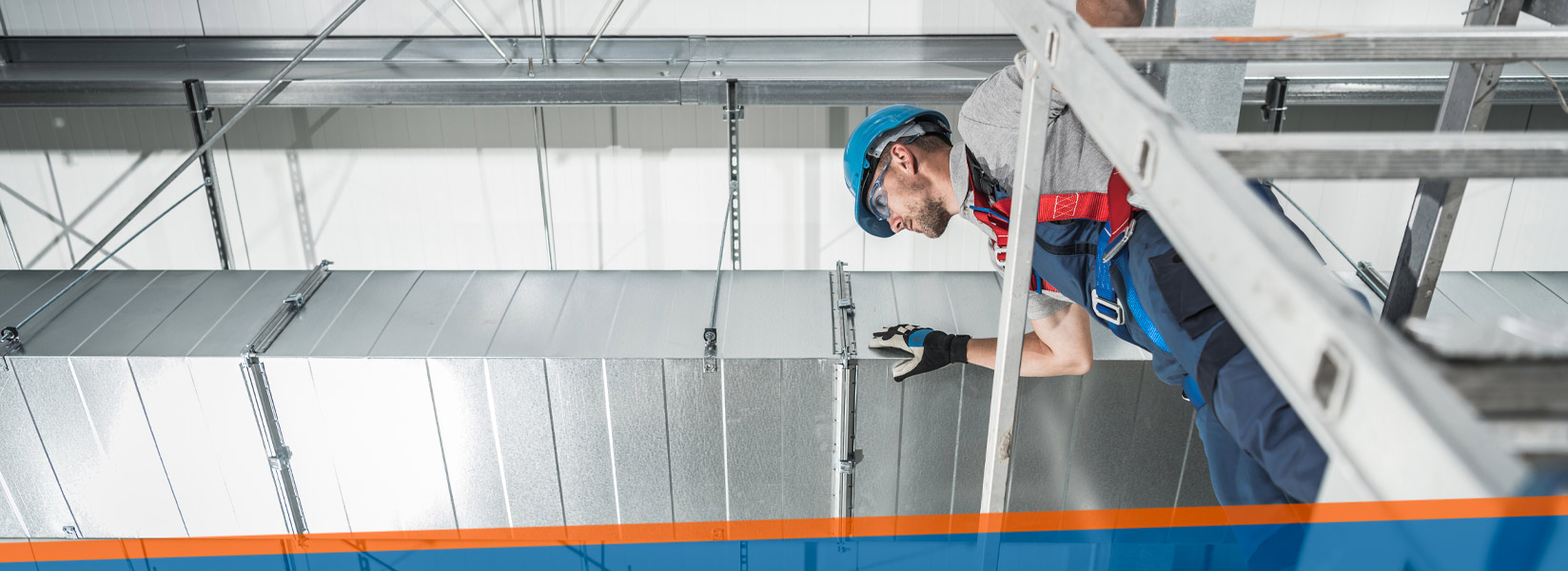What Is Accreditation All About?
Before making a major investment of your money and time in HVAC training, you’ll want to make sure that the HVACR program you pick is accredited.
That means an independent, third-party organization has reviewed and approved it, measuring it against established standards of educational excellence and industry competence.
The result? You know whether (or not!) the program is legitimate and has international credibility. In short, whether it’s worth your while.

How Does Accreditation Work?
In an accreditation review, industry experts with experience in administration, technology, and teaching take a hard and thorough look at the HVACR training program.
They examine elements of the program like instructor qualifications, curriculum, the program’s finances and available financial aid, student services, student facilities, safety, equipment, and job placement services.
This review is just part of a process that begins when the institution itself conducts a self-study with guidance from the accrediting organization. After reviewing the self-study, a team is dispatched to perform an on-site inspection and validation.
Finally, so long as no problems are discovered, the reviewing body grants the accreditation and offers recommendations for fine-tuning the HVACR program.
Why Does It Matter?
Money takes effort to get hold of, and time is a resource you can never get back. When you invest your time and money in HVACR training, you expect to gain the skills you need to get a good job and to do the job well once you have it.
Enter accrediting bodies like HVAC Excellence or the Building Performance Institute (BPI), whose missions are to help you be sure that the training you’re considering will actually help you succeed.
Remember the saying “Buyer beware!” Accreditation helps you avoid bogus “training centers” that could send you out into the world with a phony education that leaves you high and dry in the job market, minus a significant chunk of your hard-earned cash and probably with big student loans to pay back.
Certificates from those places will either get you the cold shoulder in interviews or get you in trouble on the job later, where people with years of experience will be watching you, the new hire. On the other hand, if an HVACR program is accredited, then you know your certificate will at least help you get your foot in the door, and your training will stand you in good stead.
As an added bonus, accreditation can also give you peace of mind when it comes to getting your credits accepted by another program if you decide to transfer part way through your study.